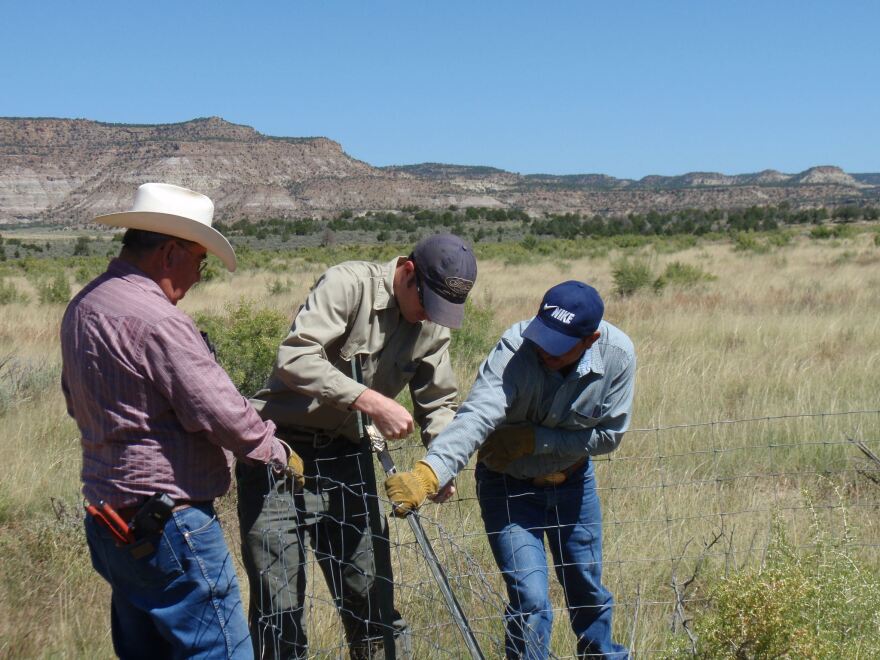In the west, the debate about how to manage vast swaths of federal land is ongoing. In 2016, a standoff in an Oregon national park lasted for a month, and included the shooting death of one of the occupiers. Many of the same resistors were part of the Nevada-based Bundy ranch standoff in 2014, which still hasn’t been fully resolved.
With a new president entering the White House, the question has become whether or not these lands should return to state management. NPR’s Kirk Siegler has been on the road researching the topic.
Here are 3 things Siegler has uncovered so far.
1.Western states may have problems being able to afford managing large swaths of federal land if it’s auctioned back to them.
Siegler: The state of Wyoming, in particular, has a study out right now looking at what that would cost if the state were to assume management by 2019 as has been proposed up in Wyoming. Of course, that would be subject to congress and other federal laws.
Wyoming is a rural state with a budget of about a billion dollars over two years. The cost of managing that land, federal land -- just look [at] wildfires. If they get a big wildfire, would they have enough money to manage that on their own if they didn’t have the federal government helping them?
2. The upcoming administration may not want to return federal lands to the states or make it a high priority.
Siegler: When Donald Trump has spoken about this, he’s often sided with keeping the federal lands in federal control, and his new incoming interior secretary, Ryan Zinky of Montana, has said as much. But it’s anybody’s question. There are certainly a few very powerful influential legislators in western states like Colorado, Wyoming, Utah. And there’s national backing behind this effort to wrest control of federal land into the states.
3. The issue of federal land management has been around since the 1970s. Supporters of returning federal lands back to the state argue the idea isn’t to sell them, but to have the state manage the land.
Siegler: Let’s focus on Wyoming, for instance. Wyoming is a big energy state, of course -- they have a lot of oil and gas revenue, really until recently, when the prices dipped, especially coal as well. But they want to get more of that money and keep it in their coffers and they feel that they are in a better position to make local management decisions on that land.


